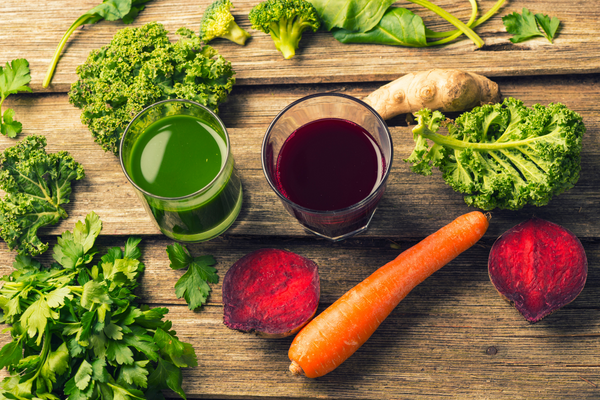Antioxidants are important for health, and they help to protect cells from damage. Antioxidants can be found in a wide range of foods, including fruits and vegetables. You can also find them in supplements and food additives.
What are antioxidants?
Antioxidants are molecules that protect cells from damage. They're found in many foods, such as fruits and vegetables, as well as herbs and spices. Antioxidants can help fight free radicals—molecules that damage your body's cells. Uncontrolled free radical production has been linked to a number of serious health problems, including Alzheimer's disease and heart disease.
Why do we need antioxidants?
Antioxidants are chemicals that help neutralise free radicals and protect the body against disease. Free radicals are atoms or molecules with unpaired electrons, which can react with other molecules to cause damage to cells. Antioxidants act as a shield against these rogue molecules by donating one of their own electrons to the harmful molecule so that it no longer has an unpaired electron and is rendered harmless.
Antioxidants also have other health benefits, including protecting against cancer and heart disease, lowering blood pressure, boosting brain function (including memory), helping prevent cataracts in the eyes and slowing down some types of cell ageing.
Some sources say that antioxidants may help prevent Alzheimer's disease as well as diabetes since they reduce insulin resistance and improve glucose tolerance in people who eat foods rich in fruits or vegetables daily.
Which foods contain antioxidants?
Antioxidants can be found in a wide variety of foods, from fruits and vegetables to whole grains. Some common sources include:
- Berries (blackcurrants, blueberries, raspberries)
- Nuts and seeds (walnuts, almonds)
- Dark chocolate (85% cacao or higher)
- Red wine (especially red Bordeaux wines)
- Green tea and coffee
How do they work?
Antioxidants are molecules that fight free radicals, which are unstable compounds that can damage cells and DNA. Free radicals are created when your body breaks down food, or they can come from pollution. Antioxidants protect cells from damage by absorbing these free radicals.
Antioxidants also neutralise the harmful effects of other oxidants in the body such as smoke and pollution (from cigarette smoke). Many antioxidants also have anti-inflammatory properties.
Blackcurrant health benefits - high in antioxidants, vitamin C and anthocyanins
Blackcurrant is high in antioxidants, amino acids and vitamins.
Antioxidants help to protect your body against damage caused by free radicals – chemicals produced when the body breaks down food or is exposed to cigarette smoke, pollution and UV rays from sunlight.
They also help keep your skin looking youthful as they slow down the production of wrinkles and fine lines by reducing oxidative stress on your cells. Antioxidants may also help combat diseases such as cancer and heart disease because they reduce inflammation.
Blackcurrants have been shown to also support athletic performance and recovery through their unique antioxidant, anthocyanins.



